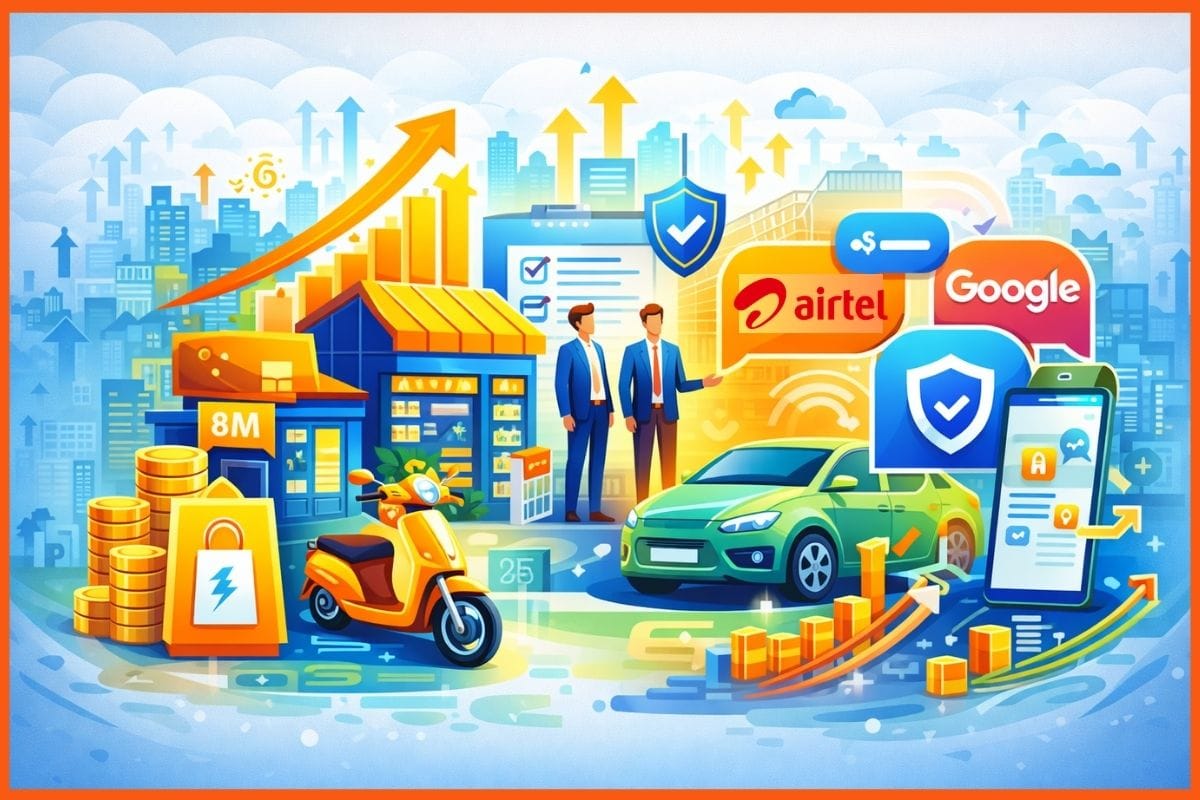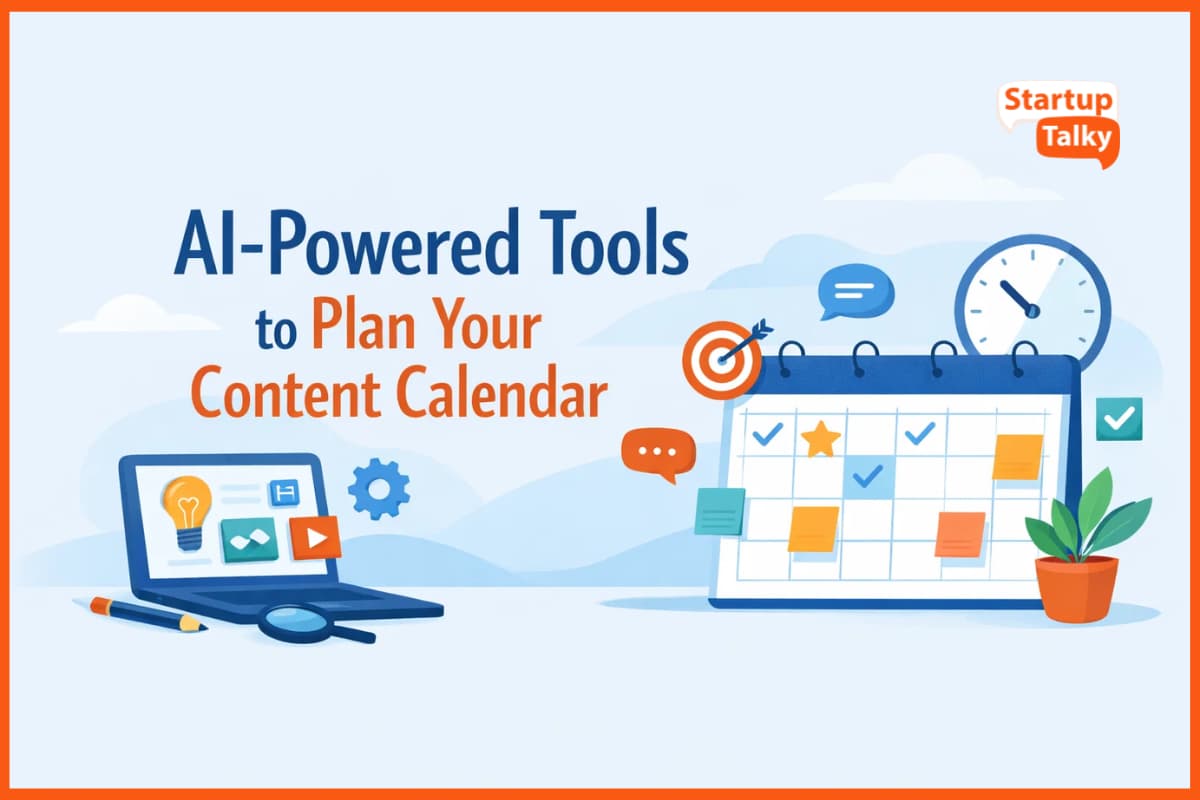We Are Seeing Rapid Expansion in the Indian Market: Suleyman, CEO of Microsoft AI

Mustafa Suleyman, the CEO of Microsoft AI, said on his first visit to India that the business is proud that India is one of its fastest-growing markets and that it has one of its best teams globally, with offices in Hyderabad and Bengaluru.
Suleyman, who is well-known for having founded Inflection AI and DeepMind, two of the top artificial intelligence (AI) firms in the world, offered his thoughts on the direction of AI and how it may enhance human welfare.
Suleyman stated during the Microsoft: Building AI Companions for India event in Bengaluru on November 6, 2024, that India has incredibly talented engineers and developers.
Social scientists, psychologists, therapists, screenwriters, and comedians—those people who may often connect with the film or video game industries—are also becoming more and more involved with Microsoft. He noted that the company has the chance to synthesise more varied viewpoints and obtain a more comprehensive understanding of those engaged in the design and operating process.
Microsoft 365 Copilot
While citing Microsoft 365 Copilot as an example, Suleyman added that Microsoft 365 is a productivity tool driven by AI that enables users to do activities more effectively and efficiently. To offer real-time support, it interfaces with Microsoft 365 applications, including Word, Excel, PowerPoint, Outlook, and Teams. Copilot offers skills and content that are pertinent to a user's tasks by utilising Microsoft Graph data and massive language models.
According to Suleyman, this innovative artificial intelligence application can look up and cite any query users ask by looking at their calendar or email, Excel sheets, papers, supply-chain data, or firm human resource records. This is contributing significantly to the workplace. Knowledge workers can now act on the beneficial knowledge they have access to. "I believe that many of our industries will experience significant economic benefits," he stated.
Speaking with the Ministry of Electronics and Information Technology
Suleyman spoke with S. Krishnan, the secretary of the Indian government's Ministry of Electronics and Information Technology. Suleyman responded that the internet has already made information accessible to everyone when asked about the economic benefits and growth potential that artificial intelligence (AI) can bring to India, particularly in a setting with limited capital.
According to Suleyman, AI will now make information accessible to anyone. This knowledge is synthesised, condensed, and customised to users' preferred methods of information acquisition and utilisation. That holds true at work just as much as it does at home.
India’s AI Mission
Through the India AI mission, the country hopes to build a strong AI computing infrastructure. Suleyman responded that voice is the best approach to making the technologies widely available and accessible when questioned about Microsoft's role in fostering diversity in India. According to him, the government ought to invest in fields like translation and languages. He also underlined how crucial it is for startups and companies to have access to sizable government datasets in order to train their models and promote innovation.
The 2024 Chemistry Nobel Prize was given to John Jumper and Demis Hassabis of Google DeepMind for creating the ground-breaking AI tool AlphaFold, which predicts protein structures, he said, highlighting the scientific advances made possible by AI.
Suleyman emphasised the importance of proactive regulation in the field while talking about the risks posed by AI. According to him, it needs to be discussed openly rather than as a taboo subject.

Must have tools for startups - Recommended by StartupTalky
- Convert Visitors into Leads- SeizeLead
- Website Builder SquareSpace
- Run your business Smoothly Systeme.io
- Stock Images Shutterstock







